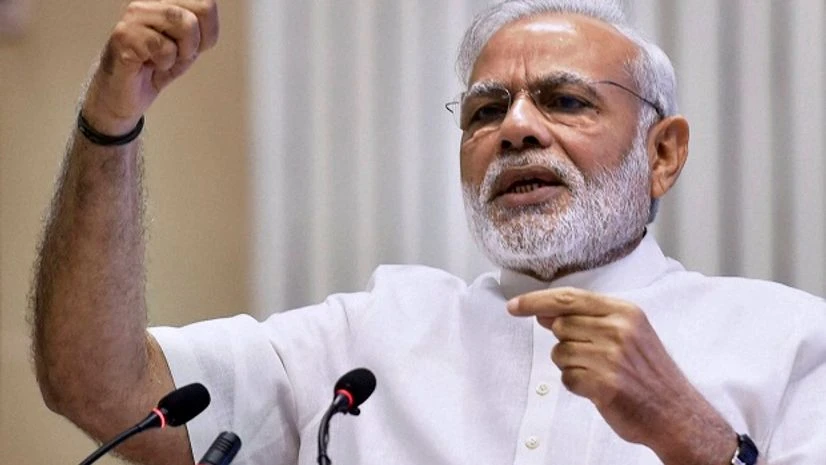Ahmer Bilal Soofi, Pakistan's former law minister, president Research Society of International Law and an advocate in the Supreme Court on the Indus Waters Treaty (IWT), has said that India has no legal competence under the treaty to revoke it per se on its own, adding the treaty has no provision for unilateral "suspension".
In an interview to Dawn, Soofi gave his opinions on the Indus Waters Treaty after the Indian Prime Minister Narendra Modi met with officials to review provisions with Pakistan.
In the meeting, New Delhi ruled out cancelling the IWT (1960) but said that it is looking for ways of increasing its use of waters that flow from India but are controlled by Pakistan.
Soofi maintained that if the treaty is to end, a termination treaty has to be drafted by both India and Pakistan and then ratified by both.
"India has no legal competence under the treaty to revoke it per se on its own. Article 12(4) of the treaty entitles the termination of the treaty only if both India and Pakistan agree in writing. In other words, a termination treaty has to be drafted by both states and then ratified by both, to bring the IWT to an end. The treaty has no provision for unilateral "suspension"," he said.
Insisting that IWT is not regime-specific but rather state-specific, he said the treaty would not expire with regime change and it is binding on both the states equally and offers no exit provision.
He said that walking away from a treaty is in effect will be a breach.
More From This Section
"If India unilaterally stops following the treaty by giving any justification such as "revocation", "suspension", "withdrawal" or "annulment" etc. then it really means that it has decided to interrupt the water flow into Pakistan. In other words what India will call "revocation or withdrawal", Pakistan will refer to as a "breach"," he added.
Soofi said that in case India "revokes" the treaty, it literally means it has shunned it and there is no provision in the IWT about its duration or suspension, adding there is no avenue that Pakistan can approach for "revival" of the treaty.
"Since there is no provision in the IWT about its duration or suspension, there is no avenue that Pakistan can approach for "revival" of the treaty. Nor can Pakistan approach the International Court of Justice (ICJ) seeking specific performance to implement the treaty because of the Indian reservation given under ICJ statute that bars filing of case by Pakistan against India, " he added.
On being asked if India stops Pakistani waters downstream, could this set a precedent for China upstream on Brahmaputra river, Soofi said, "In case India tries to interrupt water flow into Pakistan as an upper riparian, it is setting up a regional state practice which under international law can serve as a precedence and equip China with an argument to consider suspension of the waters of Brahmaputra river."
He pointed out that India may have already damaged itself by even considering the suspension of water flow as an upper riparian and the Chinese Government must be watching New Delhi's moves with interest.
The treaty was inked in 1960 by the India's first prime minister Jawaharlal Nehru and then Pakistan President Ayub Khan, which allocates 80 percent of water to Pakistan from the six-river Indus Water System, including Beas, Ravi, Sutlej, Indus, Chenab and Jhelum that flows from India to Pakistan.
The treaty, brokered by the World Bank, is often considered to be one-sided and there has been growing clamour to relook at it. The pact has survived wars and phases of frosty ties between India and Pakistan.

)
